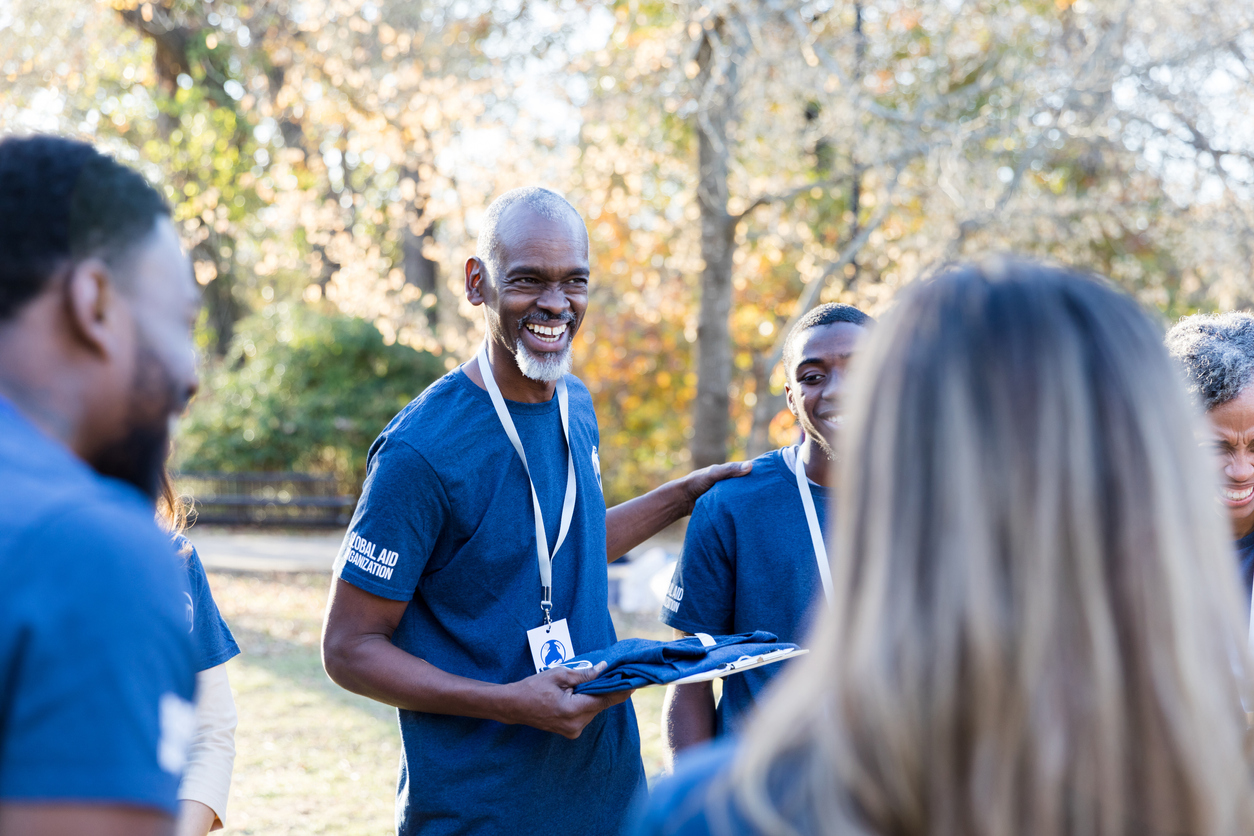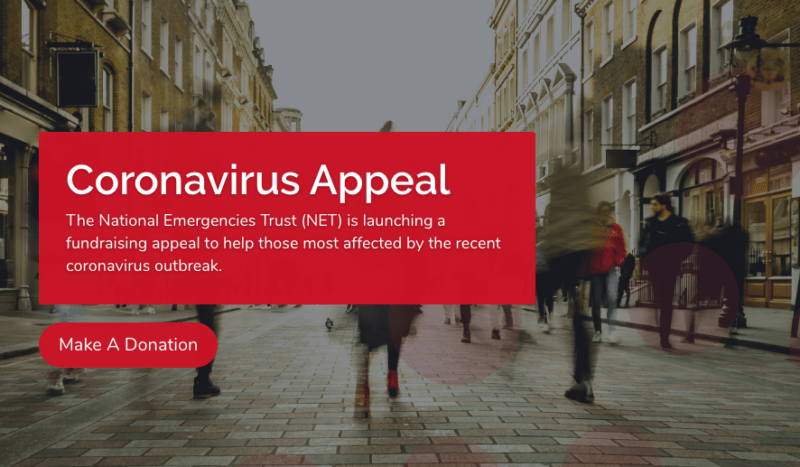1st April 2020
With a global pandemic underway and economies held-up by Government policies and incentives, this is a crucial time for organisations everywhere to mobilise. But, charities have a specific set of challenges they’ll be facing in the coming weeks and months and we hope this advice will help.
Historical trends remind us that the generosity of the public holds up throughout uncertain times. An example of this was that although the financial markets collapsed in 2008, it was reported that the mean average amount given by donors increased to £33, up from £29 the year before (1).
However, people become more cautious as they review their personal expenditure. Right now, everyone is taking stock and adapting at the same time. Doing nothing is not an option. Rather than hoping for a miracle, this is the ultimate time to refocus and take action.
There may be an initial decrease in public generosity, but amidst a plethora of bad news, now is the time to demonstrate that you really care. Showing and communicating that you can adapt will help you to gain belief from donors moving forward. What opportunity has the ‘new normal’ enabled and how might a tweak or pivot to services be used to engage people? In the meantime you can use the time to focus on your community, securing strong fundamentals for when business picks up again. Think about how you can galvanise small things that will have an effect; no matter how small.

Regroup and change your plans if you need to. Things are different now. You can’t just keep doing what you planned before the coronavirus hit; the majority of fundraising activities have now been cancelled or moved to a later date (London Marathon moved to October), which will dramatically impact income.

WellChild, a charity for children with serious health problems, said it was “totally reliant” on fundraising, with more than 60% of its £3m annual income coming from events. “The money we typically raise from events, now at risk of cancellation, is the equivalent of almost 80,000 hours of specialist care from a WellChild Nurse,” it said to The Guardian.
So, the goal is to figure out how lockdown directly affects your traditional fundraising model, what is a ‘nice to do’ and what is a ‘need to do’ to overcome those challenges.
If you are in the middle of a fundraising campaign, you have a great reason to communicate with your campaign target audience in order to set-out your crisis mitigation strategy. Charities who proactively communicate with their donors and beneficiaries during this time of much ‘unknown’ will come out stronger.
If you haven’t already, take time to think about where you will be in 6, 9, 12 months time? An extra 3-6 months of trade will make a massive difference. Do everything you can to secure it. Buy yourself as much time as possible. Take only what you need to survive and do everything you can to keep the lights on until 2021.
Scenario planning is key. Plan for normal revenue, 15% revenue cut, a 30% revenue cut etc. to understand the different scenarios and adjust accordingly. Be prudent, be aware, be cautious and make adjustments based on how your reality develops against your forecasts.
With expected losses for charities in the UK likely to run into hundreds of millions of pounds, take advantage of the latest government support. You can find up-to-date information here.

Call your major donors and have honest conversations with them about the impact of coronavirus. Explain your plans and your strategy for attacking it. Ask them if they can support you now that you need it most.
Despite some talk to the contrary, it would seem many people are still in a giving mood, and looking to continue charitable giving in the coming days, weeks and months. Don’t be put off by the idea that cheque books have been closed in these turbulent times.
If you are facing a difficult decision, perhaps shifting your service offering ‘online’, reach out to your network. Find those who can help, those with the expertise and experience in working with charities. Ask questions, ask for advice, ask for guidance and feedback. People will be generous with their expertise at a time like this. They will want to pay it forward. Studio Republic are no exception to this, we would love to do what we can to help charities, big or small, through the challenge we are all facing.
Together is better.